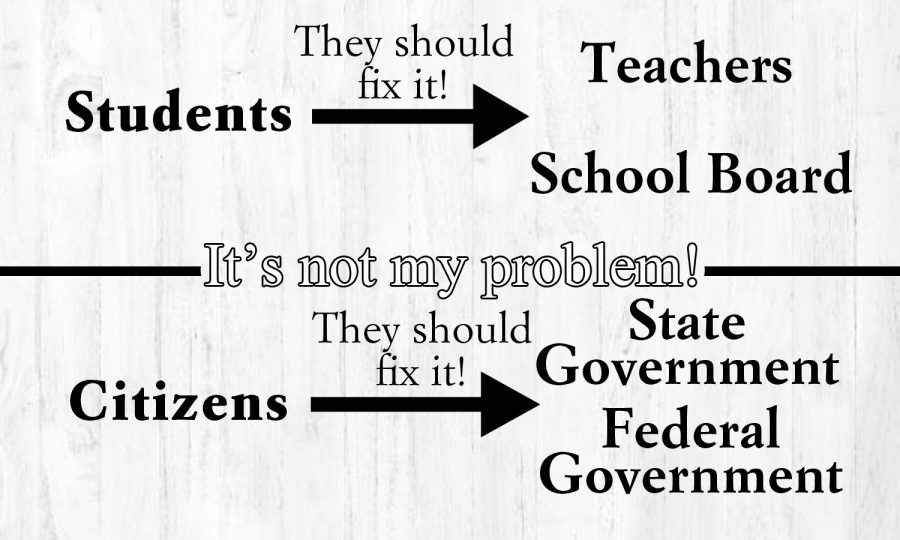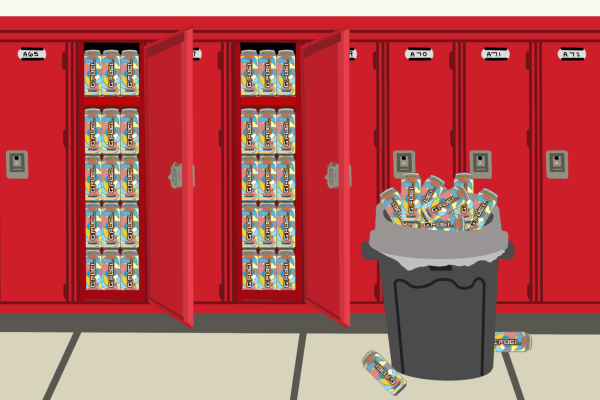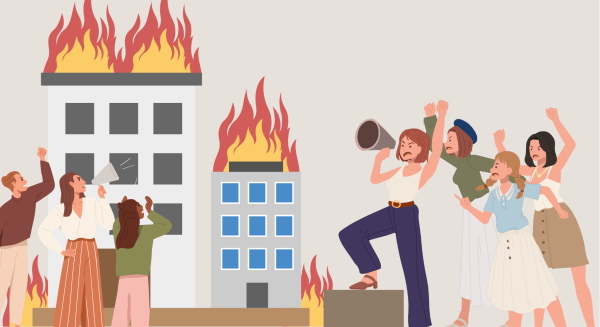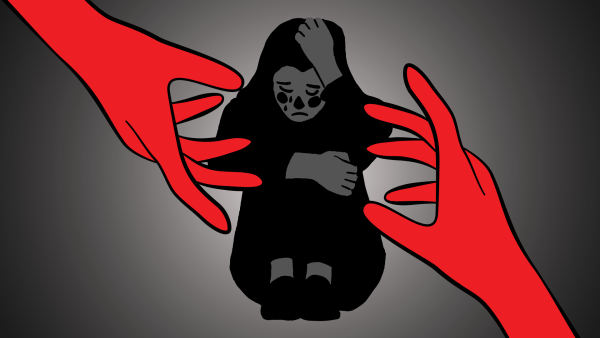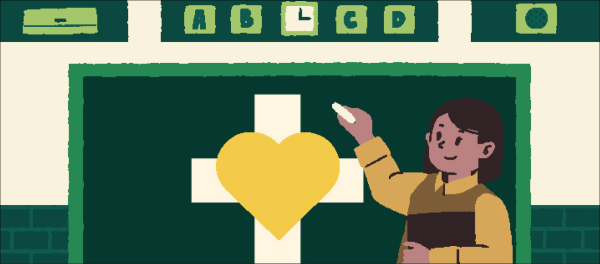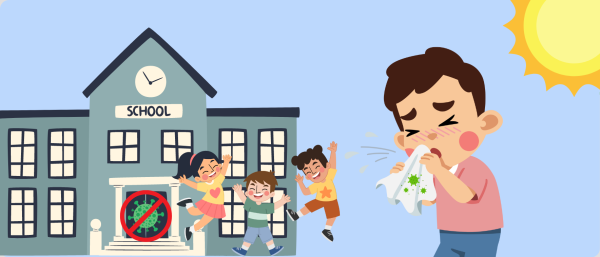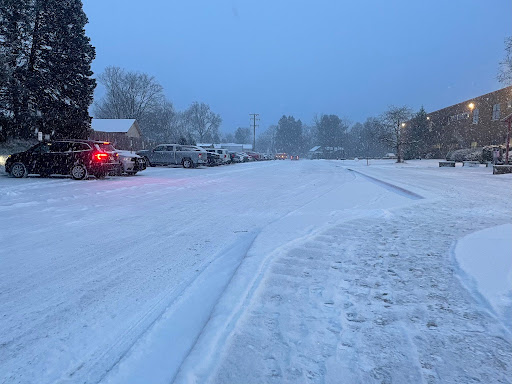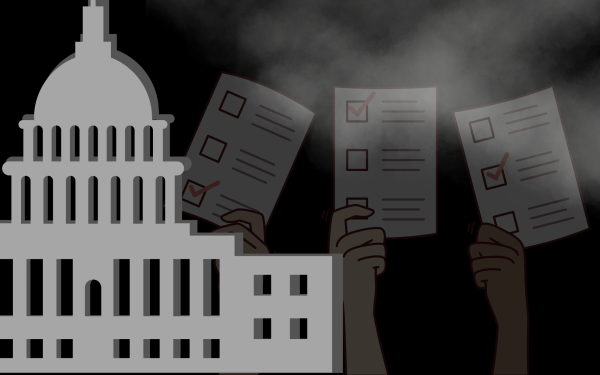Playing the blame game
Looking at problems caused by denial, misplacement of blame
In every school environment, there are bound to be a variety of problems. In some cases, the problems may potentially be sourced from students, other times the staff and occasionally the school board. However, problems are sometimes seen as sprouting in the wrong place. In a school environment, blame will oftentimes be placed on members of the school board, even if the problem didn’t start there.
As most know, the school “power” system is structured with students at lowest end, then the teachers, leading to administrators and finally the school board members. Though the school board members sit on the top of the “power” structure, it doesn’t necessarily mean that all problems should start and end there. A similar situation would be if an average citizen put the blame of all their problems on the federal government. Though the federal government could be the source of the problem, it doesn’t necessarily mean that it is truly the one to blame.
An exemplary situation in which this could happen is when information is passed from person to person. Instead of getting news directly from the source, information is passed around through various means of communication, which could alter the information. This could be a result of personal bias, misremembering or a variety of other factors.
This is not uncommon in school; a student that gains information is more than likely going to share it with fellow students until the information is entirely differently from when it started.
In addition, problems that stem from within a school will sometimes be seen as a problem caused by the school board, even though the board had nothing to do with the problem. Some view these situations as, “Since the board runs the school, they need to solve the problem.” Should this really be the case? There are instances where higher authority might be unaware of problems that happen on a student level. How can a group do anything about a situation where the problem is not even known? As a result, if a person believes a problem should be solved by the school board, the person should first be in contact with the proper sources to make sure the situation is appropriately handled.
The main problem with blaming the highest authority — in the case of school, members of the school board — is that situations will go unresolved. With increased reliance on higher authority to solve more and more problems, then the lower “power” groups would be subjecting themselves to reliance on high “power” groups. If this is the case, more problems could go unnoticed by people in higher positions and those problems become bigger.
This could also lead to grudges. If a problem isn’t solved like one would expect because the proper steps were not taken, the foundless blame could turn into a grudge. This grudge would then continue to grow and distance the two parties. At that point, if the grudging party runs into a problem where they need the group, it becomes unlikely a proper resolution will be reached in the matter.
In conclusion, blame for problems shouldn’t be passed to other groups of people. This especially goes for a school environment, where some problems could potentially go unnoticed. If a problem does indeed occur, a mindset should be held where the truly responsible party should handle the situation. If they are unable to, then they should guarantee the situation can be handled by a suitable party. False assumptions lead to problems growing bigger without a resolve to them in the end.



